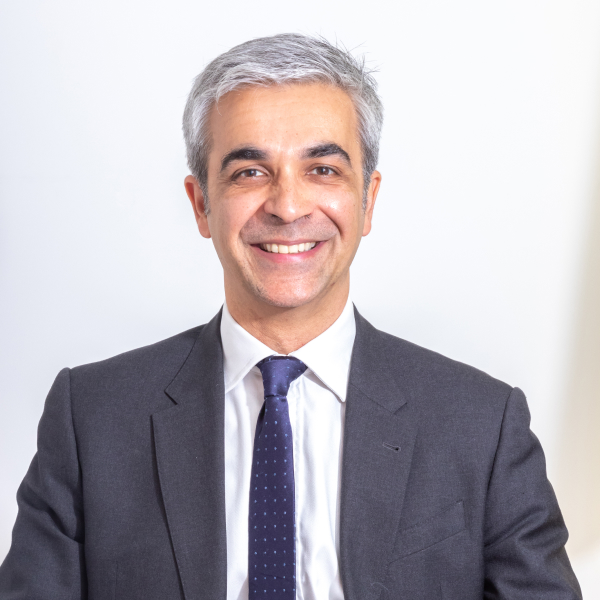It’s not just the basic value of a business that factor in to a potential buyer’s decision. I have certainly noticed over the last few years, that buyers are a lot more savvy when it comes to the business aspect of owning a dental practice. Profit is king. This is why there are so many other associated costs which are scrutinized by anyone looking to buy a dental practice, and which sellers need to be aware of.
The value of an NHS contract
For any practice that has an NHS contract in place, it’s not that just the value of the contract that will come in for scrutiny. Units of Dental Activity (UDA) performance is also likely to be considered by most buyers. They want to see that performance is good, as poor performance can put pressure on funding. If a UDA target has been missed by more than the 4% tolerance level it’s possible that any offer made will be based on the level of performance and not on the value of the contract.
Cost of support staff
It’s important to look at staffing costs before a dental practice is placed on the market. These costs represent significant outlay, and potential buyers could be put off if they are higher than would normally be expected. Generally, it’s normal for the cost of support staff to be around 15-16% of total revenue. Most successful practices should already have a measure of this situation as operating costs should already be optimised.
Associate costs
Associate costs are an essential factor when determining the profitability of a practice. This is why they are likely to be one of the first costs that is scrutinized by potential buyers. When selling a practice, it’s important to be able to provide a breakdown of the salary of each dentist, as well as the income created by their activities.
Hygienists and therapists’ income and costs
The income and related costs associated with hygienists and therapists employed at the practice will normally be considered separately by buyers. This is because some of the services they provided come at a lower cost than when they are provided by associates and can generate a similar level of income.
Check out our other articles, webinars and podcasts in the Samera Learning Centre
Retained principal and property costs
There are other costs which may factor in the decision making process of a buyer. Two of the main ones are:
- The cost of a retained principal who will normally take earnings as a dividend, or from the profits of the business.
- Associated rental costs. Most buyers will check to see if they are competitive.
About the Author

Arun Mehra
With almost twenty years of commercial experience and knowledge in Dentistry, Arun’s expertise is valued by hundreds of businesses across the UK. His financial acumen and know-how, along with his hands-on commercial expertise have helped clients, large and small, new and established to achieve great things.
Arun is the founder of the Samera Group, starting the business with just one client sitting at his father’s dining table. Fifteen years on, Team Samera now service hundreds of Dental clients, run exciting events, help clients raise finance, and are very active in helping clients buy or sell Dental practices.
Sell your Dental Practice with Samera
If you’re thinking about selling your dental practice then Samera can help make sure that you find the right buyer and the best price for your business. If you want to get the best price possible when you sell your dental practice, you need to build the value and grow the revenue to ensure you get the best return on your investment.
Book your free consultation to find out how you can grow the value of your practice before you sell.
More on Selling a Dental Practice
For more information please check out the articles and webinars in the selling a dental practice section of our Learning Centre, like our guide on How to Sell a Dental Practice in 9 Steps.
Make sure you never miss any of our articles, webinars, videos or events by following us on Facebook, LinkedIn, YouTube and Instagram.



